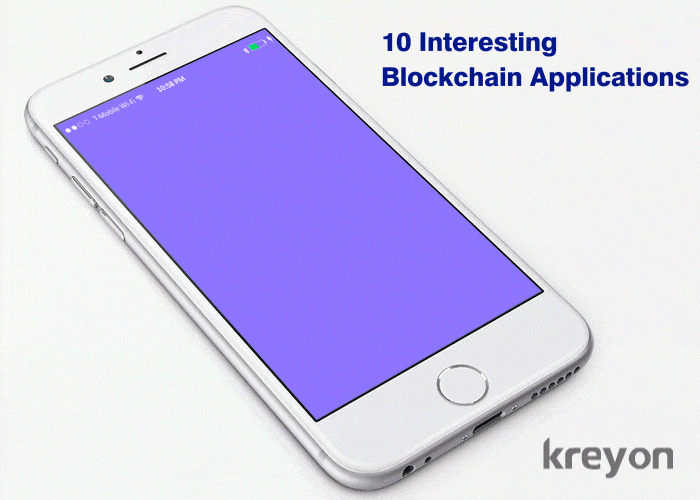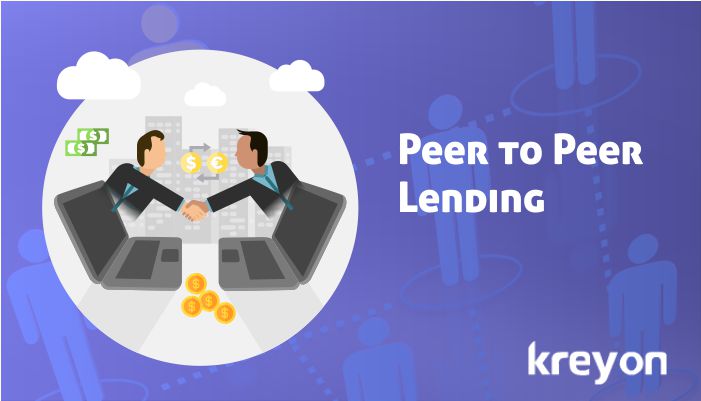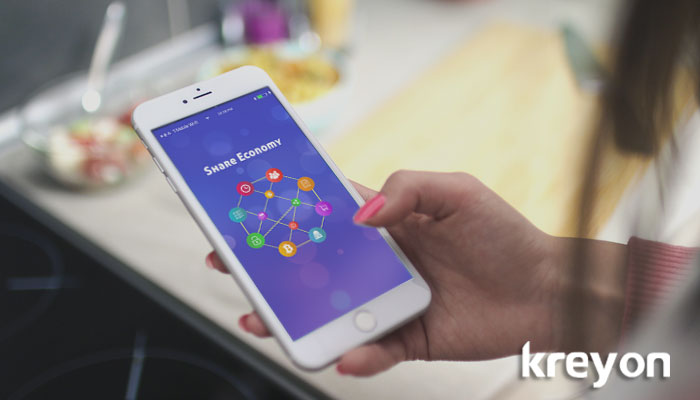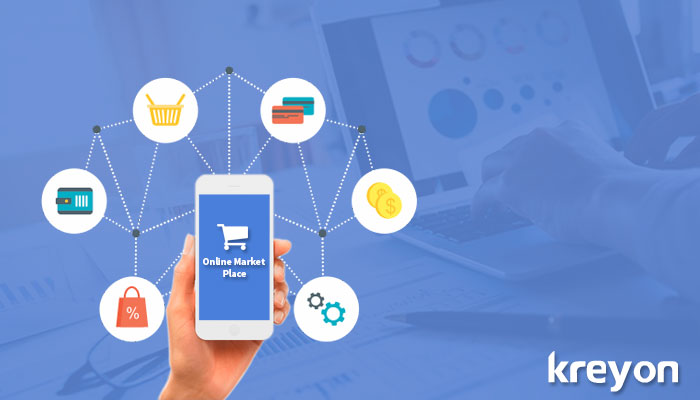10 Interesting Blockchain Applications

Blockchain is a list of blocks that is linked; every block contains information and timestamp. The information is secured using cryptography. The blockchain data is decentralised and secured. Blockchain in the underlying technology that powers the digital currency called Bitcoin.
Blockchain consists of information that is shared across a group of distributed computers, not centralised. Blockchain technology is powering many different applications that have the potential to disrupt industries. Here we explore some of the Blockchain Applications:
1. Peer to peer lending :
The distributed ledger maintained by the blockchain technology is an ideal fit for managing peer to peer lending platforms. With block chain, individuals and companies can lend money and transact in a secured way. The lending transactions & information is stored in a distributed fashion. For every new transaction on the lending portal, a new data record or a block gets created that can only be read by intended recipients. The peer to peer lending management system can be built on digital data using blockchain.

2. Property Ownership & Transactions :
The blockchain technology can be used for property related transactions. The ownership of the land, purchaser, seller and all historical transactions can be maintained using a distributed registry ledger. Every property record will have the details of previous owners and the transaction details will be distributed & stored on network computers.
3. Fixed Assets Valuations :
The valuation of an asset determines its accurate value according to market situation. The ownership of assets, its valuation and other details for financial reports etc can be maintained using block chain technology. This information can also be used by Valuers to benchmark pricing, especially for Real Estate assets. The asset management software development can be done using block chain to keep asset valuation reports confidential and secured.

4. Document Management and approvals :
A document trail for important decisions is important for governance. Block chain technology can be used for keeping a trail of important approvals, documents and information. All document management, business approvals and workflow management can be done using block chain ledgers. The information will be decentralised and secured.
5. Sharing Economy :
Platforms like AirBnb, Uber and Lyft etc. are centralised. It means they control the information of all users. However, with block chain technology, the cloud storage can be distributed and decentralised. It means that users will no longer be required to go through an intermediary like AirBnB or Uber to make the booking or for recording the transactions. The data for availability of cars, rooms, & its current status can be organised with block chain technology. The online marketplace platforms can be built using decentralization of data.

6. Governance & Identity cards :
Block chain technology is ideal for identity management and can be used for effectively issuing documents like passports, citizenship cards, & digital identification. The IDs can be generated using block chain technology. A digital certificate for ID can be generated for authenticity. The digital certificate for identity management using block chain can be verified anywhere to prove its validity. These globally accessible citizen services & e government software solutions can be built on blockchain.
7. Supply Chain Management :
With block chain technology, it will be possible to manage complete lifecycle for supply chain management. The digital transactions for procurement, online payments, purchase order approvals, authentications, evaluation of vendor proposals and complete lifecycle management can be managed using block chain. Verification of every transaction for supply chain and its authenticity can be done using block chain.

8. Decentralised social networks & storage :
The social networks like Facebook, Instagram, Twitter etc are built in a way that the private data is held by one company. The social media data has been controlled by these companies and often accessible by advertisers, regulators etc. The privacy violations and transparency are often compromised due to centralised control. However, blockchain technology allows creation of social media platforms where users can post information, messages, transact on the platform privately. All information on blockchain is private; hence no one but the intended recipient has access to this data.
9. Online Marketplace :
Ecommerce portals can be transformed using blockchain. The complete lifecycle management of the portal right from listing of products, vendor details, digital certificates for authenticity and quality of products can be done using blockchain applications. The payments can also be done using digital currency on the platform. The identity management of users, vendors and product authentications can also be done using block chain decentralised applications.

10. Authentic Media & News :
With the growth of digital and social media channels, authenticity of news is quite tricky. The digital media channels can opt for blockchain to manage news and authenticate its origin using digital certificates. When the news is shared on social media platforms, the users can check the authenticity and origin of the news. The media industry can use blockchain applications for creation of contents, managing royalty and distribution of information.
The growth of digital data, all pervasive internet, improved communication networks and growing demand for secured systems are driving blockchain applications. The data records are protected, free from any tampering and distributed in nature leading to wide variety of applications in financial and other industries. The blockchain applications are open, transparent and can be verified in public domain. Blockchain applications and softwares are set to disrupt & transform many industries in the near future.
